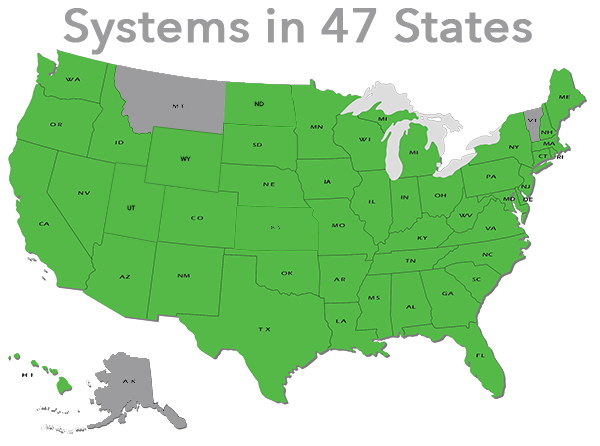E.P.A. Will Study Limits on Cancer-Linked Chemicals. Critics Say the Plan Delays Action.
Given the available data on the effect of PFAS chemicals, environmentalists criticized the E.P.A.’s response as inadequate to the threat.
Scott Faber, an expert on chemical policy with the Environmental Working Group, an advocacy organization, called it a “drinking water crisis facing millions of Americans.” But the E.P.A., he said, is “just not treating the crisis the way it deserves.”
In particular, critics of the E.P.A. have sited the role of Nancy Beck, a former senior director of regulatory science policy at the American Chemistry Council, in a slowdown of the agency’s response to addressing PFASs.
Last May, Scott Pruitt, the previous administrator of the E.P.A., convened a summit aimed at addressing the threat of PFAS chemicals, an announced that, as a first step, the E.P.A. would decide whether to set a national drinking water standard for PFOA and PFOS. Mr. Wheeler said Thursday that the agency intends to act quickly to begin that regulatory process.
“Our goal is to close the gap on the science as quickly as possible,” he said, adding that the agency is also looking into technology to clean or reduce PFAS chemicals from drinking water.
But Mr. Wheeler did not offer a clear timeline of when such a standard might be completed. Such regulatory processes can often take years.
Mr. Carper suggested that the E.P.A.’s failure to provide a clear timeline on completing the standard could influence the outcome of Mr. Wheeler’s Senate confirmation vote to lead the E.P.A., although given the Republican majority in the Senate, his confirmation is still likely assured.
“I urge Mr. Wheeler to reverse course and treat this public health threat with the urgency it deserves,” Mr. Carper said. “And I ask my colleagues in the Senate to take note of Mr. Wheeler’s lack of urgency in addressing this threat as they consider his nomination to be E.P.A.’s permanent administrator.”
For more news on climate and the environment, follow @NYTClimate on Twitter.
























